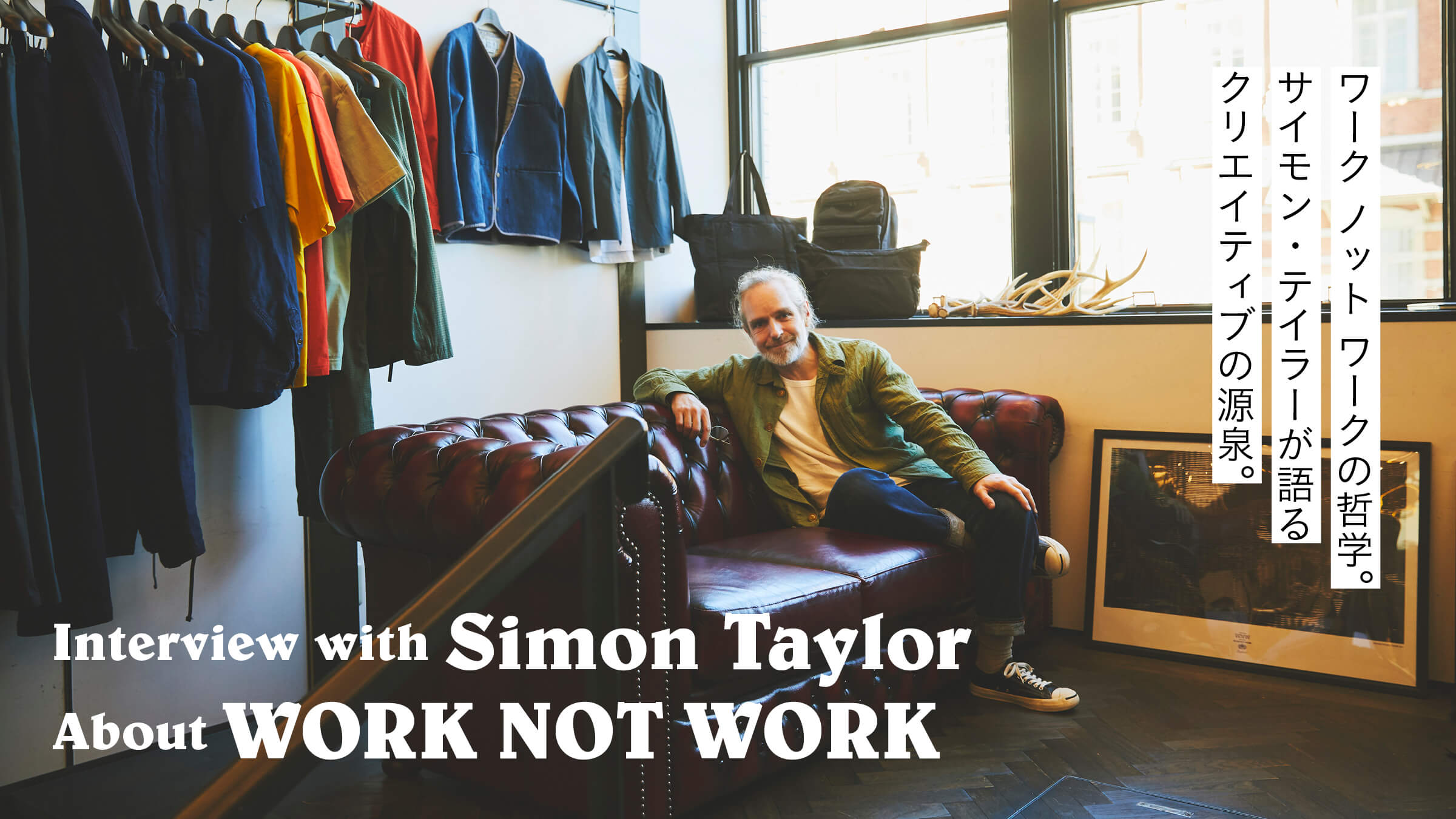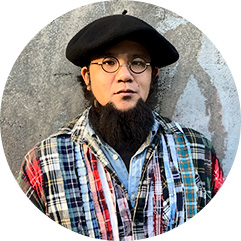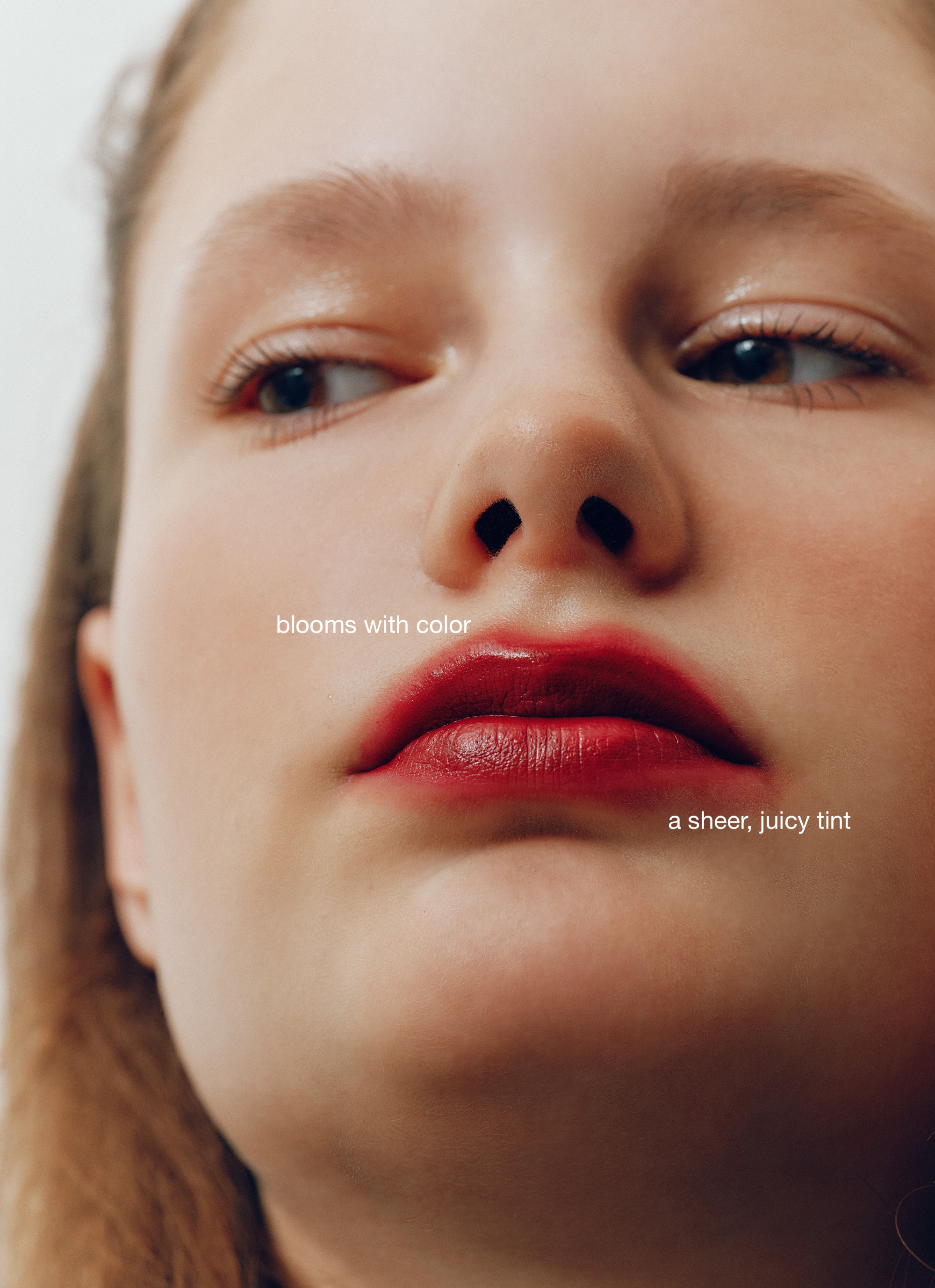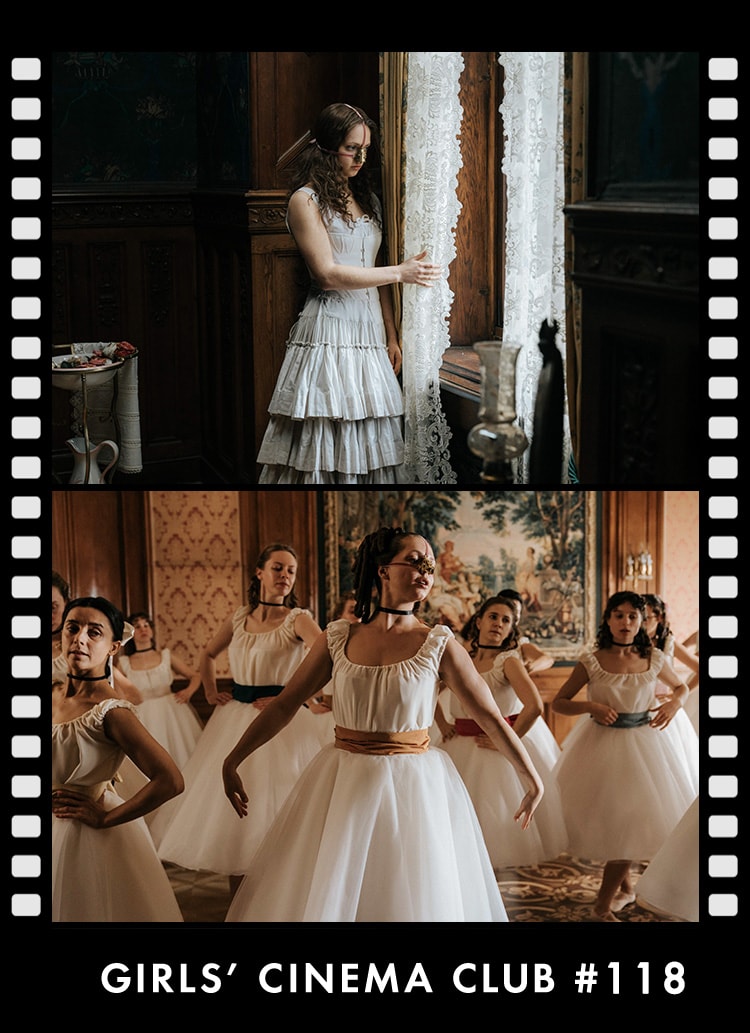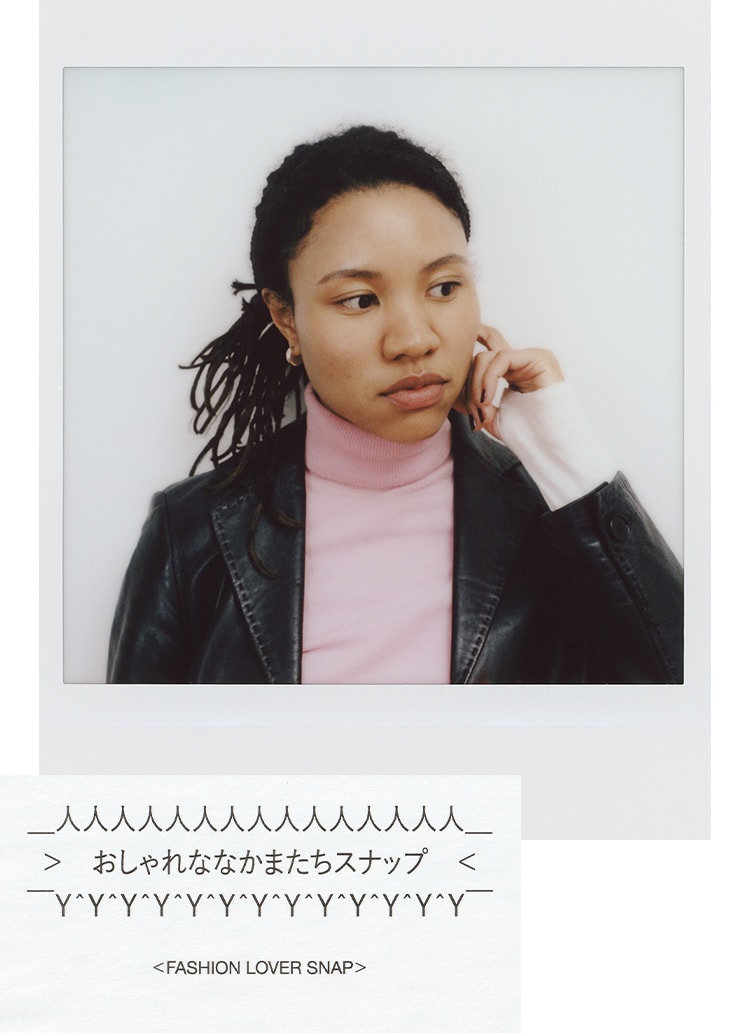PROFILE

Born in 1965 , England. Filmmaker and artist. Graduated from Bath College of Art and Design and London College of Printing BA Graphic Arts, he established the creative team "TOMATO" in 1991 and has worked in various fields including video, music, fashion, and architecture. In Japan, they have worked on Sony's corporate identity, TV Asahi's logo production, and UA's music videos.
It is good to be able to experiment with different things through change.
Work Not Work was established in 2012. How did you get involved in this project?
Simon:A member of the Japanese team I am working with now seemed to have been looking me up for a long time and approached me. . I was designing bicycles at the time, and I think that project was probably the reason they made me an offer.

Simon:When I was approached, I felt that this was a very special opportunity . . because I thought it would be a unique experiment. So I decided to accept the offer.
Simon, you are one of the founding members of the well-known "Tomato" organization. Or is this a personal project for you?
Simon:Interesting question. Although I am a founding member of "Tomato" , each project is independent and strongly reflects my personal creativity. . that is the basic approach of "Tomato". . Tomato is a collective, but each member is an independent entity.
So, what exactly do you have in mind when you are creating "Tomato"?
Simon:If I had to sum up Tomato in one word, it would be "dialogue. We talk with our clients, share our thoughts and ideas, and collaborate with them to develop each other. Collaboration is not something that we do for the sake of someone else, but something that we do while considering not only ourselves but also the other party. It is an image of mutual respect and mutual enhancement.

You have been involved in a variety of fields, including film, graphics, music, and fashion.
Simon:. I believe that a free spirit is necessary. By thinking flexibly and without being too stubborn, various events can be connected and new things can be born.


The concept of "Work Not Work" includes the phrase "freedom culture = free spirit," doesn't it?
Simon:Yes . . we believe that is the basis of what we create. I realize that it has been almost 8 years since we started, and many things have changed. . but I think it is good that it allows us to experiment with different things.
What are your fashion influences?
Simon:I believe that dressing is like expressing yourself and telling your story. I grew up in London, where the streets were filled with mods, skinheads, glam rockers, and punks. . London taught me that expressing your ethnicity is what fashion is all about.

What kind of fashion did you enjoy?
Simon:I liked skinheads , but I was more on the softer side. There was a mix of reggae, ska, and mod essence in there too. . I grew up surrounded by hippies when I was little. As is often the case, there was a rebellion against it. So that's why I decided to do something different from that.
When you were offered the "Work Not Work" project, you said earlier that you "thought it would be a unique experiment." What are you actually trying to express with this brand?

Simon:England and Japan have different cultures, as a matter of course. In a word, to overlap the two. That is what I wanted to pursue. I am conscious of creating "work not work" clothes while discussing with the Japanese team. I communicate closely with them and shorten the distance between us. The ideas that emerge from our discussions become the themes, from which the clothes are born. Such a concept supports our creations.
When I talk to the Japanese team, I find that they are desperate to accept my ideas. . so the conversation is smoother than working in any other country. Everyone is looking in the same direction and trying to find the best. I think that is the charm of Japan.
Do you feel any walls?
Simon:Of course I feel it. But it is important to have the will to overcome these obstacles, and I strongly feel this from the "Work Not Work" team.


